Did you know that stress is a major cause of dis-ease in our world? Stress is linked to anxiety and panic attacks, back pain, pelvic floor issues, digestive issues, depression, colds and viruses, hypertension, insomnia, eating disorders, diabetes, heart problems and even cancer. Even if stress isn’t the cause of a person’s illness, it is a troublesome and problem-contributing side effect. Living with chronic pain and/or chronic illness is very stressful, and that stress gets in the way of healing.
How Does Stress Get in the Way of Healing?
The reason stress is such a problem is because when we are stressed, our bodies go into what’s known as the fight or flight response. This response creates elevated heart rate, a narrowing of vision, muscle tension, sweating, shallow upper chest breathing, and more sensitive hearing. It is important if we are being chased or need to fight our way out of something, but in our modern world, the scary things that chase us are usually money related issues, too much pressure at work, balancing a family and a full-time job, a chronic illness, pain in the body, etc. These pressures are ongoing, so our stress response is ongoing. This puts a terrible burden on our heart and all the other systems of the body suffer. The F&F response is meant to be short lived and once the threat is over, we are supposed to shift into the relaxation response, also known as rest and digest.

What Can I Do to Reduce My Stress Levels?
While most of us can’t just change our lives in a snap, there are things we can do to reduce stress. An important tool for relieving stress is breathing. When we are in the F&F response, as mentioned above, the breath becomes shallow. By learning breathing techniques to lengthen and deepen the breath, we relax.
Mediation is another wonderful tool for stress reduction. Taking time to sit quietly and tune in to yourself away from the outside world is not only relaxing but offers incredible grounding and healing benefits. But sitting quietly is not the only way to meditate. You can listen to a guided meditation or visualization, lose yourself in a project such as a craft or puzzle (or anything that has your ENTIRE focus). One pointed focus is a form of mediation.
Some changes in daily habits can go a long way in reducing our stress levels. These can include limiting your caffeine intake, limiting your exposure to upsetting or stressful media. Eliminating exposure to people and situations that cause you stress is very helpful, too. If you can’t get away from certain people like co-workers, you can try to change your perception of the situation, understanding that their behavior really has nothing to do with you. Getting exercise, drinking enough water, eating healthy foods, and getting a good night sleep are beneficial as well.




